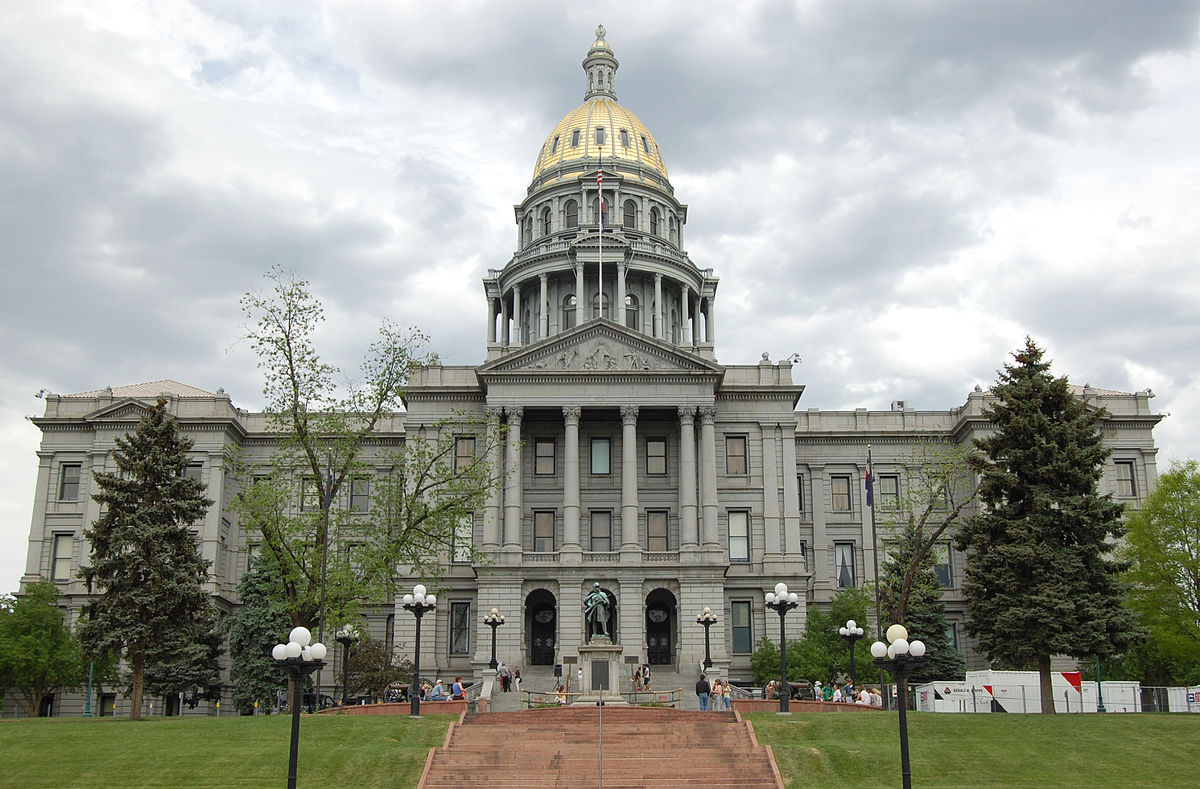At a time when the number of uninsured in the United States is rising again, the very hospitals that take on the job of treating those without coverage are facing $4 billion in federal cuts nationally.
In Colorado alone, 18 hospitals that treat a disproportionate number of the uninsured are facing $70 million in cuts in funding from a program Congress created nearly 40 years ago to help absorb the cost of treating the uninsured.
Denver Health alone is looking at a loss of $26 million, according to an analysis by the Colorado Hospital Association. Children’s Hospital Colorado could lose $11.5 million unless Congress acts within about three weeks when the cuts are set to take place.
A survey by the Colorado Health Institute in September found the percentage of the uninsured in the state has held steady at 6.5 percent since 2015. But some hospitals are seeing an increase in patients without insurance, Denver Health Chief Financial Officer Peg Burnette said in an interview.
Denver Health saw the number of uninsured patients it treats decrease from about 80,000 before the passage of the 2010 Affordable Care Act to 47,000 in 2016. But the numbers have since inched up since to about 50,000. The hospital has had to absorb much of the cost of treating them.
About a fifth of Denver Health’s patients have no insurance, making it the state’s largest provider of care to the uninsured, Burnette said. And now it may have less money to pay for their care.
“Absolutely we are concerned,” Burnette said.
Denver Health Expansions Could Be Delayed
With a billion-dollar budget, Burnette thinks she’ll be able to avoid layoffs, but she said it might have to delay expansions planned to serve the growing areas north and south of Denver.
Children’s Hospital is facing the cut when more children are becoming uninsured, according to studies nationally and the Colorado Health Institute survey. Though the overall uninsured rate didn’t rise, the state survey found the rate of uninsured children has ticked up from 2.4 percent in 2015 to 4.3 percent this year.
Part of that could be a decline in children receiving public insurance. A September study by Georgetown University’s Health Policy Institute found 34,232 fewer Colorado children were covered by Medicaid or the federal Children’s Health Insurance Program (CHIP) in May than in December, 2017
The 5.6 percent drop made Colorado one of eight states that saw a decrease in children covered by the programs, more than twice the national 2.8 percent decline, the study said.
Trump Scaring Immigrant Families?
Georgetown researchers, meanwhile, blamed the Trump administration’s anti-immigrant actions and rhetoric for scaring immigrant families from entering their children in the programs.
Jeff R. Bontrager, the Colorado Health Institute’s director of research and evaluation, is still studying the increase among children and said the reason could be administrative or more people finding jobs and getting insurance through their employer.
But he agreed that “it could be the chilling effect of immigration policies.”
“That’s what we’re hearing from clinics,” he said. “We hear anecdotally, families are afraid of signing up or renewing Medicaid or CHIP.”
The group’s survey found the percentage of Hispanic or Latino children without insurance tripled from 2.4 percent in 2017 to 7.9 percent this year.
Federal Funds “Vital”
Regardless of the reason, Children’s Hospital government affairs director Zach Zaslow said the cuts would come when the hospital has seen an increase in the uninsured after hitting a low point in 2015 and 2016.
The federal funds “are vital in our ability to care for all kids,” he said in an interview, though he couldn’t say how it would deal with the cuts.
At risk are what are known as disproportionate share payments created by Congress in 1981 to help hospitals that serve especially large numbers of the uninsured.
The hospital industry actually agreed to the cuts in the deal to pass the Affordable Care Act. The idea was that if the law’s expansion of Medicaid to more people and the creation of subsidies to help others buy insurance reduced the number of uninsured coming to hospitals, there’d be less need for the funds.
According to a March report by the Medicaid and CHIP Payment and Access Commission, an expert advisory group to Congress, hospitals did see the cost of treating people without insurance drop by $1.6 billion in 2013 and 2014.
But it costs hospitals more to treat Medicaid patients than what they receive. And as more people got on Medicaid through the Affordable Care Act, the loss to hospitals in treating those patients went up by $4 billion, or more than twice what they saved.
And, with the loss they’re taking treating a growing number of uninsured people, the federal funding cut would hurt.
“Current Medicaid reimbursement levels are already below the actual cost of providing care, so the impending cuts would have serious ramifications for Boulder Community Health and the communities we serve,” Boulder Community Health Vice President and CFO Bill Munson said in a statement. Boulder Community Health could lose $945,000.
“Non-profit health systems like BCH that are essential providers of services in their communities should not have their ability to provide services constrained by reimbursement that doesn’t come close to covering our costs.,” he said.
Still, the Centers for Medicaid and Medicare Services, the federal agency responsible for the two programs, announced in September it is making $4 billion in cuts to disproportionate share payments in the 2020 fiscal year, which began Oct. 1 and another $8 billion reduction next fiscal year.
The agency said it had no choice. The cuts were called for by Congress.
“We have no flexibility administratively to delay the start of the statutory reductions,” it said.
Buck, Tipton Didn’t Sign Letter Urging Delay in Cuts
However, Congress granted a reprieve in September, when it included language in its temporary spending bill to delay the cuts until Nov. 21, when it has to pass another spending bill to keep the government running.
There’s bipartisan support for delaying the cuts again in its next stopgap bill to keep the government running.
In May, five of Colorado’s seven House members joined a bipartisan group of 300 representatives in urging House leaders to delay the cuts.
Republicans Scott Tipton and Ken Buck did not sign. Their spokespeople did not return inquiries.
Spokespeople for Colorado’s two senators also did not return inquiries.
“We’ve seen strong, bipartisan support in Congress for stopping the DSH cuts,” Beth Feldpush, senior vice president of policy and advocacy for the industry group, America’s Essential Hospitals, said in a statement. “So, we’re hopeful our hospitals will get relief from these cuts,” if not eliminating them entirely.
Passage of Stop-Gap Spending Bill Could Be Key
But there’s no guarantee, and the timing couldn’t be worse. As the Washington Post reported last week, public impeachment hearings in the House could begin in mid-November, right around the time that Congress and President Trump would have to come together to pass a stopgap bill to prevent another government shutdown and to keep the cuts from starting.
Roll Call reported Wednesday, some are worried the rising political tensions will collide with the deadline for passing a spending bill.
“I’m increasingly worried that President Trump may want to shut down the government again because of impeachment,” Senate Minority Leader Charles E. Schumer said on Tuesday, according to Roll Call “I hope and pray he won’t want to cause another government shutdown because it might be a diversion away from impeachment,” Schumer said.
This post was originally attributed to the incorrect author.




